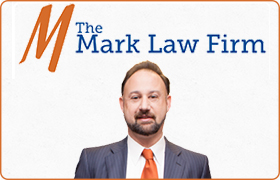North Arlington Felony Lawyer, New Jersey
Sponsored Law Firm
-
 x
x

Click For More Info:
-
Mark Law Firm
675 Morris Avenue, Suite 102 Springfield, New Jersey 07081 » view mapCar Accident Call Now For A Free Initial Consultation
Life changes drastically in the aftermath of a serious accident or injury. Emotional and financial ramifications can also be extensive.
800-736-9780  Jamison Mark Basking Ridge, NJ
Jamison Mark Basking Ridge, NJAttorney At Law - NJ, 2000
Widener University SOL, J.D. - 1999
 Overview
OverviewMark Law Firm is a full-service firm representing the interests of its clients.
 Testimonials
Testimonials"He is certainly one to go to the limit for his clients and his friends."
Ron Bar-Nadav
✓ VERIFIED *Status is reviewed annually. For latest information visit hereBar-Nadav Law Offices is a legal service in Hackensack, NJ specializing in criminal law cases. With years of experience in NJ criminal law, we’re co... (more)
Kevin Timothy Conway
✓ VERIFIED *Status is reviewed annually. For latest information visit hereThe undersigned previously served as the County Wide STOP DWI prosecutor supervising all of the DWI cases/dispositions while also handling all other t... (more)
Gwendolyn O. Austin
FREE CONSULTATION
CONTACTLaura C. Sutnick
FREE CONSULTATION
CONTACTScott A. Gorman
Anthony Palumbo
FREE CONSULTATION
CONTACT


